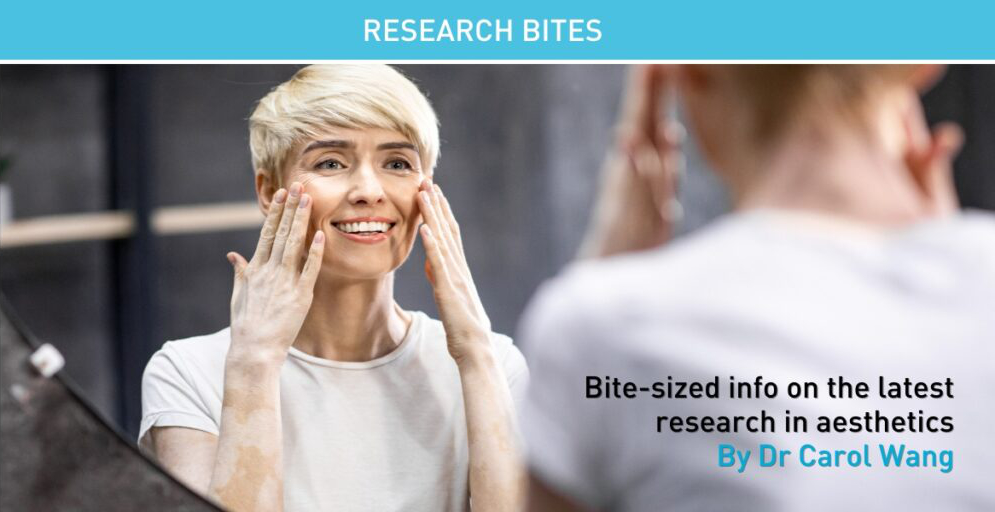Evidence-based review: Screening body dysmorphic disorder in aesthetic clinical settings

Evidence-based review: Screening body
dysmorphic disorder in aesthetic clinical settings
A study published in 2023 by Pereira et al. examined the validated BDD screening tools and critically appraised current literature regarding its implementation and efficacy in aesthetic medicine and surgery scenarios.
While BDD screening enables recognising at-risk individuals, further work is required to uncover the best screening tool for general aesthetic clinical practice. Level III evidence favoured BDD Questionnaire (BDDQ)/BDDQ-Dermatology Version (DV) and The Dysmorphic Concern Questionnaire (DCQ) among the limited available validated screening instruments to be used outside the psychiatric environment. Based on level II self-classification, one study selected BDDQ-Aesthetic Surgery (AS) version for rhinoplasty patients. The validation process of both the BDDQ-AS and Cosmetic Procedure Screening Questionnaire (COPS) had limitations.
For BDD screening potential in avoiding postoperative complications, the limited studies found that evaluating the outcomes following aesthetic treatments using validated BDD screening measures showed less satisfaction with aesthetic treatment outcomes among the positive screening population against non-BDD counterparts. Further research is necessary to establish more effective methods to identify BDD and evaluate the impact of positive findings on aesthetic intervention outcomes. Future studies may elucidate which BDD characteristics predict a favourable outcome and provide high-quality evidence for standardised research and clinical practice protocols.
Reference
J Cosmet Dermatol. 2023 Jul;22(7):1951-1966. doi: 10.1111/jocd.15685. Epub 2023 Feb 27. PMID: 36847707.
Pereira IN, Chattopadhyay R, Fitzpatrick S, Nguyen S, Hassan H. Evidence-based review: Screening body dysmorphic disorder in aesthetic clinical settings.
